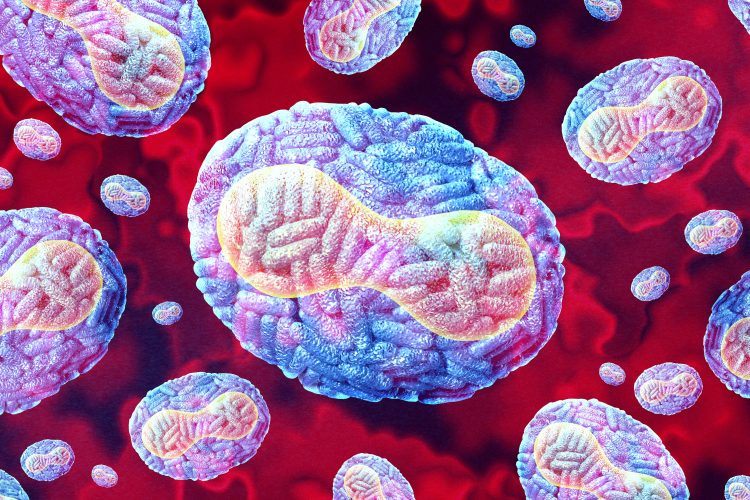Three powerful antibodies discovered with potential to treat mpox
Posted: 3 September 2025 | Drug Target Review | No comments yet
Researchers at Mount Sinai have identified three antibodies that target mpox and prevent severe disease in vivo. The work positions A35-specific antibodies as candidates for therapeutic development.


Researchers at the Icahn School of Medicine at Mount Sinai have identified three monoclonal antibodies against monkeypox (also commonly referred to as mpox) that block viral spread and protect against severe disease. The findings provide a potential basis for developing targeted therapies for orthopoxvirus infections.
The findings, published in Cell, reveal that the antibodies – isolated from an individual previously infected with mpox – target a protein called A35. In laboratory studies, the antibodies not only halted viral spread but also shielded rodents from severe illness and prevented death entirely. Importantly, analysis of patient samples showed that people who had been infected with mpox naturally carry high levels of these antibodies and that their presence is linked to milder disease and fewer hospitalisations.
A virus in urgent need of treatment
Mpox has been a global health concern since a multi-country outbreak in 2022. The virus, a close relative of smallpox, is transmitted primarily through direct contact and causes rash, lymphadenopathy and fever. Although most cases resolve, infection can result in permanent scarring and, in severe instances, be life threatening.
Despite repeated warnings from the World Health Organization, which has declared mpox a public health emergency of international concern twice since 2022, there is still no approved drug to treat the disease. Clinical trials of the most advanced candidate therapy have failed to demonstrate effectiveness, highlighting the urgent need for alternatives.


Monkeypox is a zoonotic orthopoxvirus infection that causes fever, lymph node swelling and a distinctive pustular rash. After entering via the respiratory tract or skin, the virus spreads systemically and produces lesions across the body.
Image credit: Corona Borealis Studio / Shutterstock
That urgency is precisely what drove the Mount Sinai team.
“A previous study published in 2023 by our team showed that human antibodies targeting the viral protein A35 were unusually increased in sera in response to mpox infection compared with vaccination for smallpox or antibodies against other viral proteins,” explained Dr Camila Coelho, Assistant Professor of Microbiology at Icahn Mount Sinai.
Our team showed that human antibodies targeting the viral protein A35 were unusually increased in sera in response to mpox infection compared with vaccination for smallpox or antibodies against other viral proteins.
“Based on this earlier finding, we hypothesised that antibodies targeting A35 from mpox-infected individuals would be highly protective against orthopoxviruses, since the viruses in this family share high genetic similarity. We aimed to address the urgent unmet need for effective treatments for orthopoxviruses, and with the help of our outstanding collaborators, I am very proud to say that we are close to achieving that goal.”
What makes the discovery particularly compelling is the antibodies’ binding site. The researchers found that the antibodies latch onto a region of A35 that is highly conserved across not just orthopoxviruses – including mpox – but the entire poxvirus family. As this site is unlikely to mutate, the antibodies are less vulnerable to immune escape, making them robust drug candidates.
“Ours is the first report of the crystal structure of a human antibody bound to an mpox virus protein, providing a detailed map of a vulnerability in the virus,” said Dr Raianna Fantin, postdoctoral researcher and first author of the study.
“It is also the first time that monoclonal antibodies against orthopoxviruses were quantified in human sera. We were surprised by how consistently people recovering from mpox infection produced antibodies targeting the same A35 epitope of the virus as the antibodies we discovered.”
Next steps towards therapy
The Icahn School of Medicine has already patented the antibodies, signalling confidence in their potential clinical use. However, the team is clear that the work is still in its early stages. The antibodies must undergo rigorous preclinical safety checks and eventually human clinical trials before becoming available as a therapy.
For now, the researchers are focusing on two tracks: advancing the antibodies through further testing and leveraging their insights into the immune response to guide future strategies. Their dual approach could yield not only a treatment for mpox but also a foundation for tackling related viruses.
The discovery comes at a critical time. Mpox cases continue to be reported globally and no approved treatments are available. The identification of targeted antibodies offers a potential path toward effective therapy.
Related topics
Antibodies, Antibody Discovery, Assays, Crystallography, Drug Discovery, Drug Discovery Processes, Microbiology, Monoclonal Antibody, Patents, Virology
Related conditions
monkeypox
Related organisations
Icahn School of Medicine at Mount Sinai.








